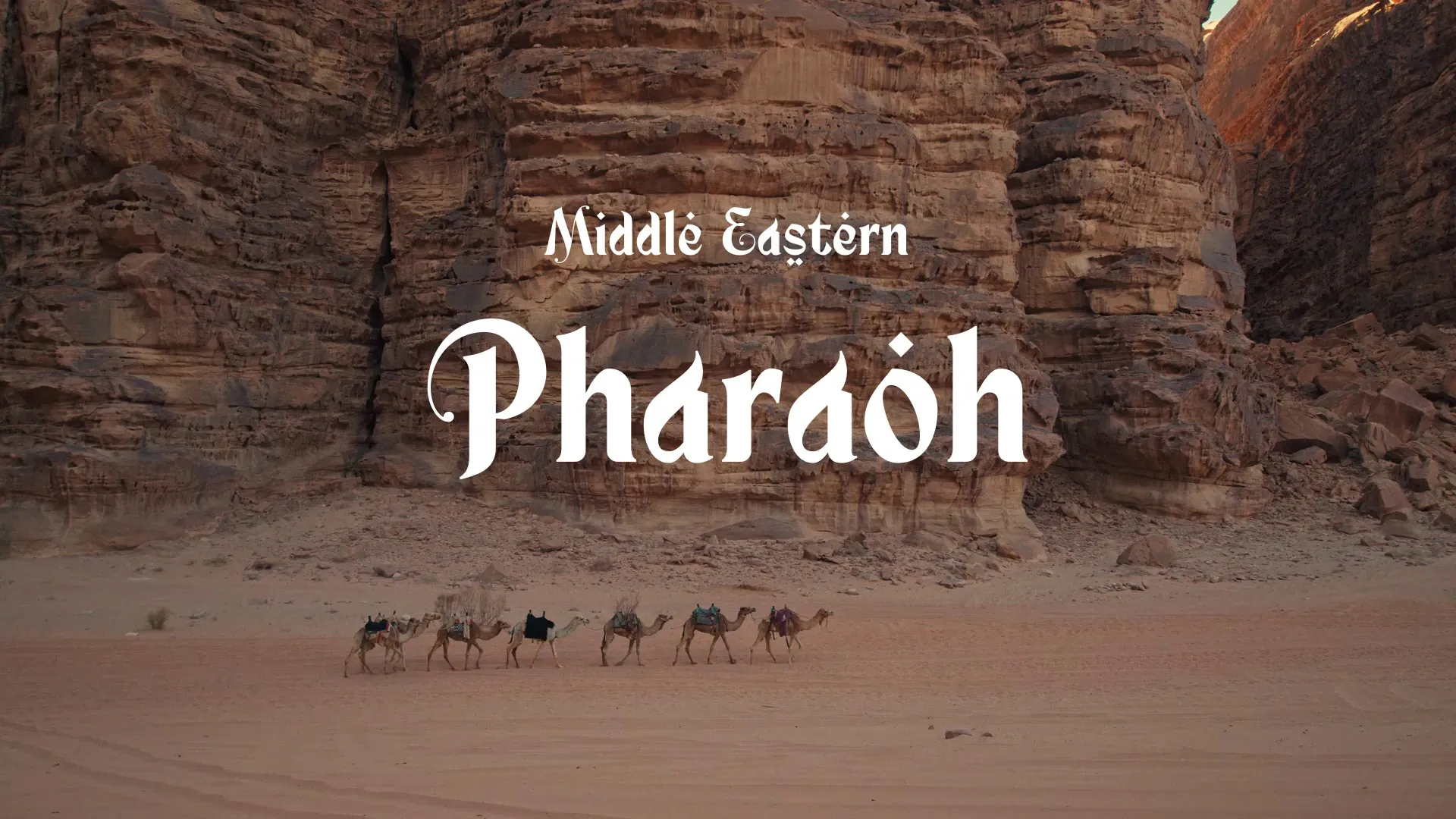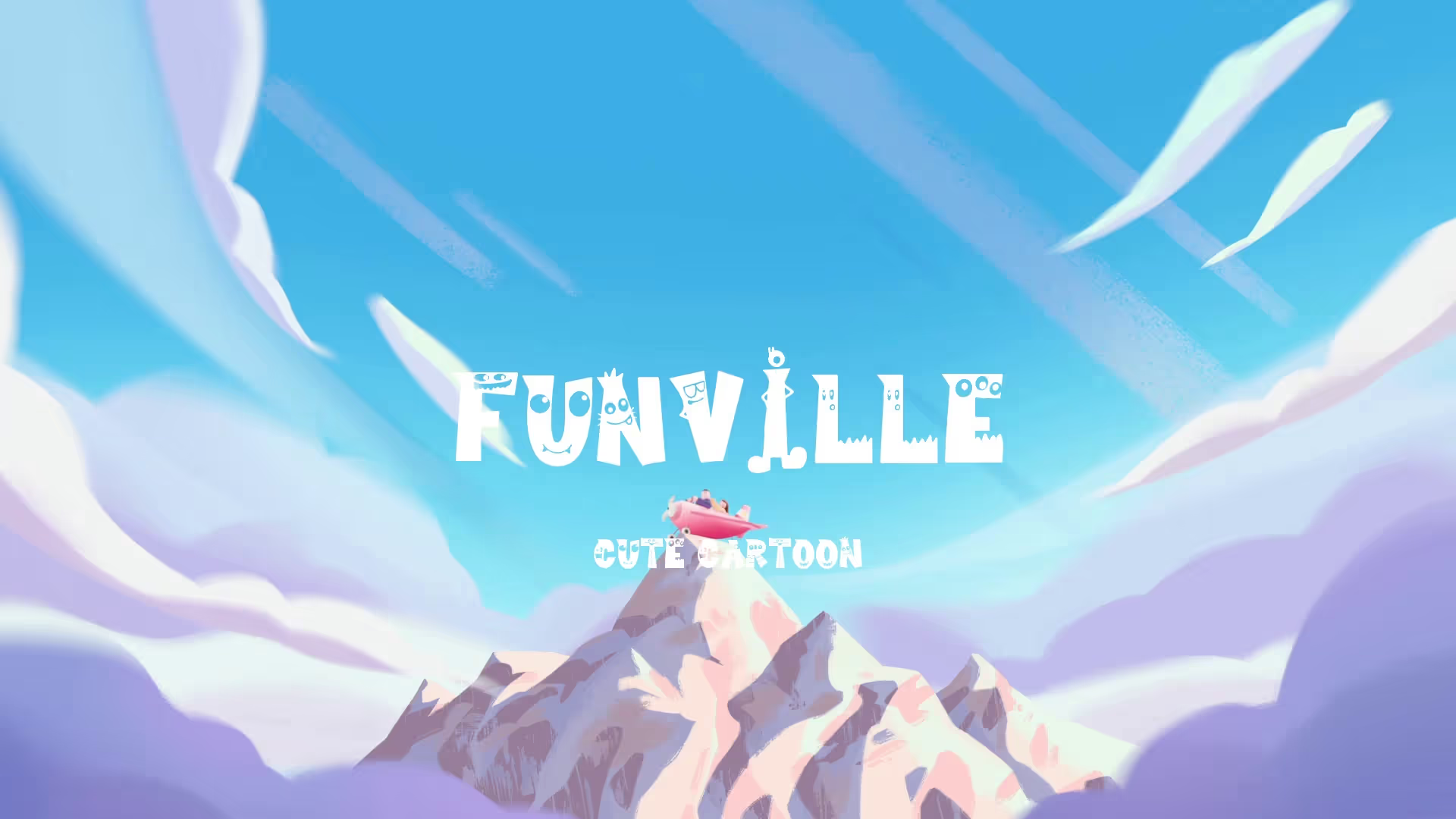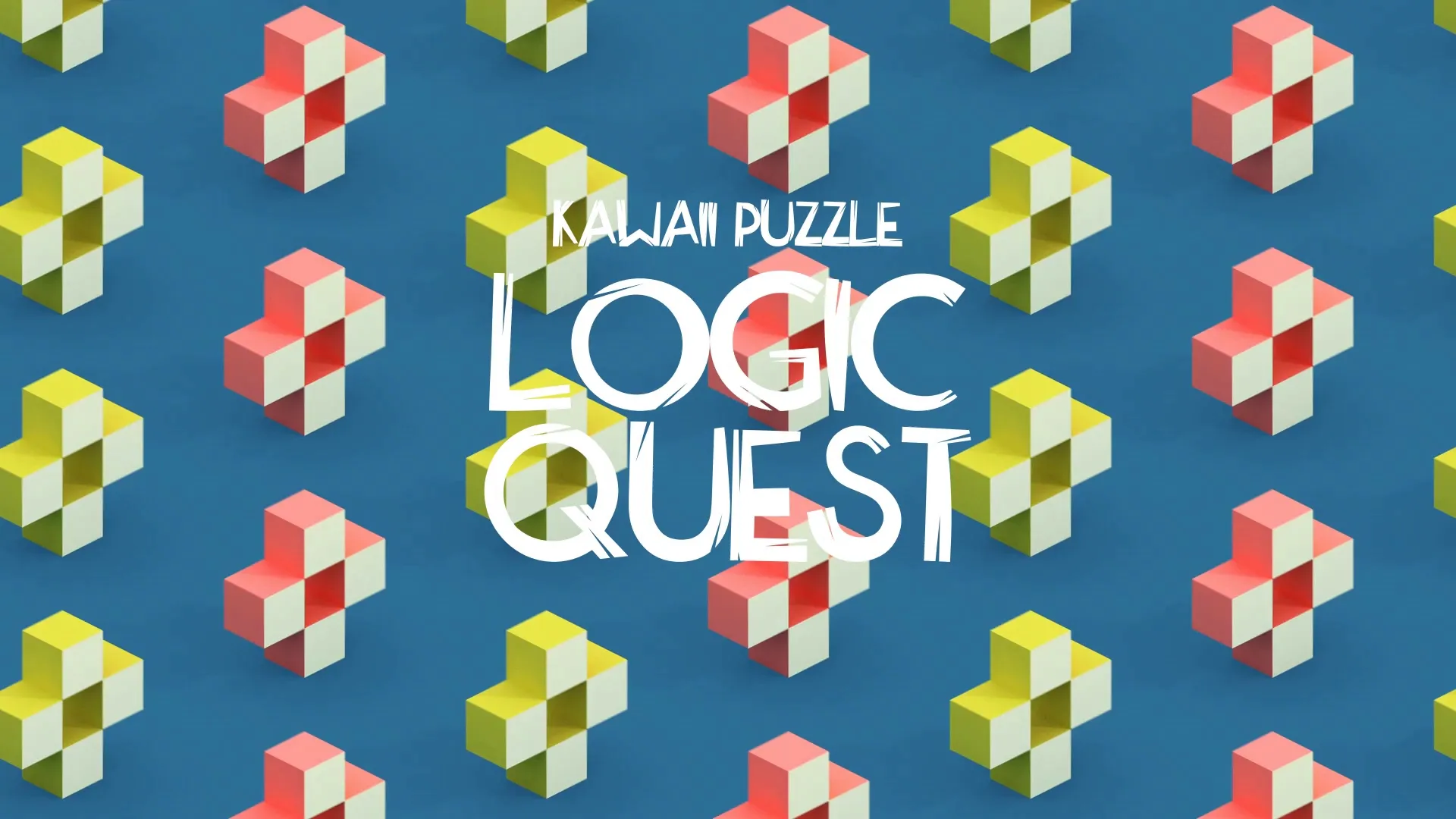Indie Game Legal Guide: Protecting Your IP & Publishing Considerations
Indie Game Legal Guide: Protecting Your IP & Publishing Considerations
Indie game development involves more than just coding and art. Legal considerations are critical for protecting your work and ensuring a smooth release.
Understanding intellectual property (IP) and publishing agreements is fundamental for any developer.
This guide outlines essential steps for safeguarding your game and navigating the publishing landscape.
Understanding Intellectual Property (IP) for Games
Your game is a collection of creative works, each potentially protectable by IP law.
Recognizing these different types of IP is the first step in protection.
Copyright Basics for Indie Developers
Copyright automatically protects original works of authorship, including your game’s code, art, music, story, and dialogue.
Registration with your country’s copyright office provides stronger legal standing and allows you to sue for infringement.
Keep detailed records of creation dates and iterations to prove ownership.
Trademarks for Your Game’s Brand
A trademark protects your game’s name, logo, and any other unique identifiers that distinguish it in the marketplace.
Registering your trademark prevents others from using similar marks that could confuse consumers.
Conduct thorough searches to ensure your chosen name and logo are not already in use.
Licensing and Third-Party Assets
Many indie games rely on third-party assets, from game engines to art packs.
Always understand the license terms for every asset you use.
Create a free account, or log in.
Gain access to free articles, game development tools, and game assets.


.webp)




















